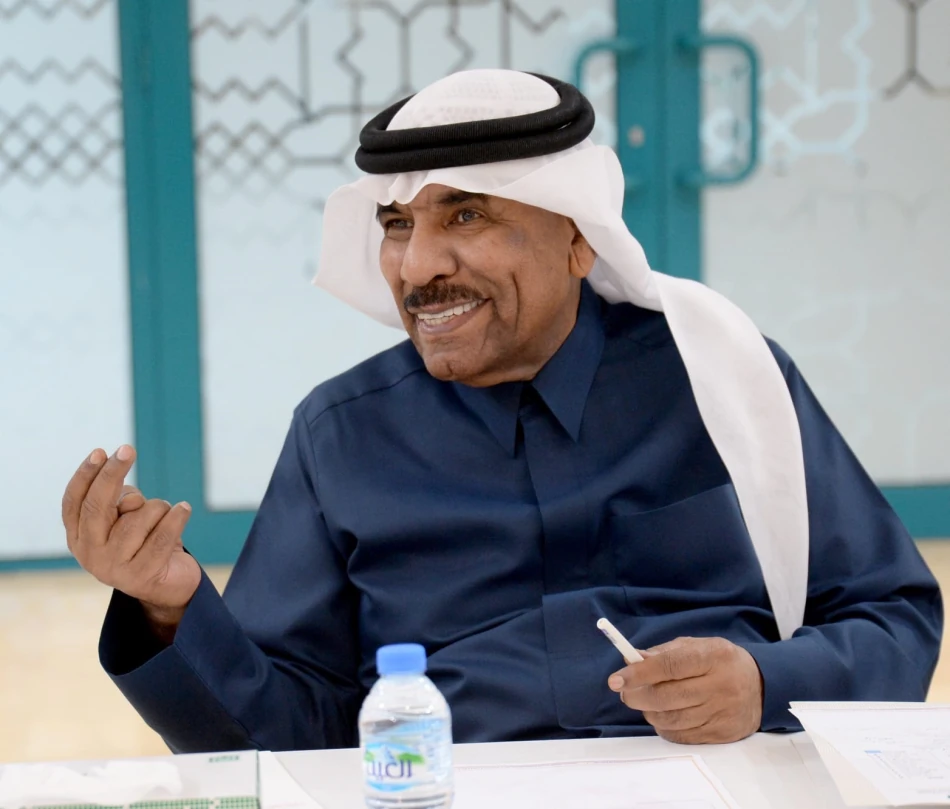
Emirati Karate Union Appoints Nasser Al-Razouqi as New Chairman
UAE Karate Federation Reshuffles Leadership in Strategic Move to Strengthen Regional Dominance
The UAE has appointed a new board of directors for its Karate Federation, positioning the country to further consolidate its growing influence in Asian martial arts governance. Major General (Ret.) Nasser Abdul Razzaq Al Razooqi will lead the federation through 2028, leveraging his dual roles as head of both the UAE and Asian karate federations to advance the Emirates' sports diplomacy agenda.
Strategic Leadership Appointments Signal Ambitious Plans
Dr. Ahmed Belhoul Al Falasi, UAE Minister of Sports, formalized the new board composition for the 2024-2028 electoral term, bringing together a carefully selected group of national expertise. The eight-member board includes engineers, business leaders, and sports administrators, reflecting the UAE's systematic approach to professionalizing sports governance.
The appointments include Rashid Abdul Majeed Mohammed Al Ali, Engineer Marwan Mohammed Hussein Sankal, Mohammed Ali Harbouk Al Shehhi, Engineer Hamid Shams Mohammed Al Zarouni, Dr. Abdullah Saif Al Badi, Ibrahim Mohammed Al Nuaimi, Ahmed Salem Ahmed, and Maryam Rashid Al Shamsi.
Regional Power Play in International Sports Governance
Al Razooqi's retention as federation president carries significant weight beyond domestic karate development. His simultaneous leadership of the Asian Karate Federation and role as vice president of the World Karate Federation positions the UAE as a key decision-maker in global martial arts politics.
This mirrors the UAE's broader strategy of securing influential positions in international sports organizations, similar to successful campaigns in football, tennis, and Olympic governance. The approach has proven effective in raising the country's profile while attracting major sporting events and investment.
Leveraging Sports Soft Power
The UAE's investment in karate leadership reflects a calculated approach to sports diplomacy that has yielded tangible returns across multiple disciplines. By controlling key administrative positions, the Emirates can influence competition schedules, venue selections, and development programs that benefit its athletes and sporting infrastructure.
Market Implications and Investment Opportunities
The four-year mandate provides stability for sports-related businesses and sponsors looking to invest in UAE karate programs. The federation's regional and international connections create opportunities for equipment suppliers, training facilities, and sports technology companies to access broader Asian markets through UAE partnerships.
The structured approach to board composition suggests the UAE is treating karate development as a long-term investment rather than a short-term sporting initiative. This stability appeals to international federations seeking reliable partners for major championships and development programs.
Competitive Positioning Against Regional Rivals
The UAE's systematic approach to sports governance contrasts sharply with more fragmented efforts in neighboring countries. While Saudi Arabia focuses heavily on football and motorsports, and Qatar emphasizes mega-event hosting, the Emirates has carved out influence in technical sports requiring specialized expertise and long-term relationship building.
This strategy positions the UAE to benefit from the growing popularity of martial arts, particularly as Olympic inclusion drives increased participation and commercial interest across Asia and the Middle East.
Most Viewed News

 Sara Khaled
Sara Khaled






